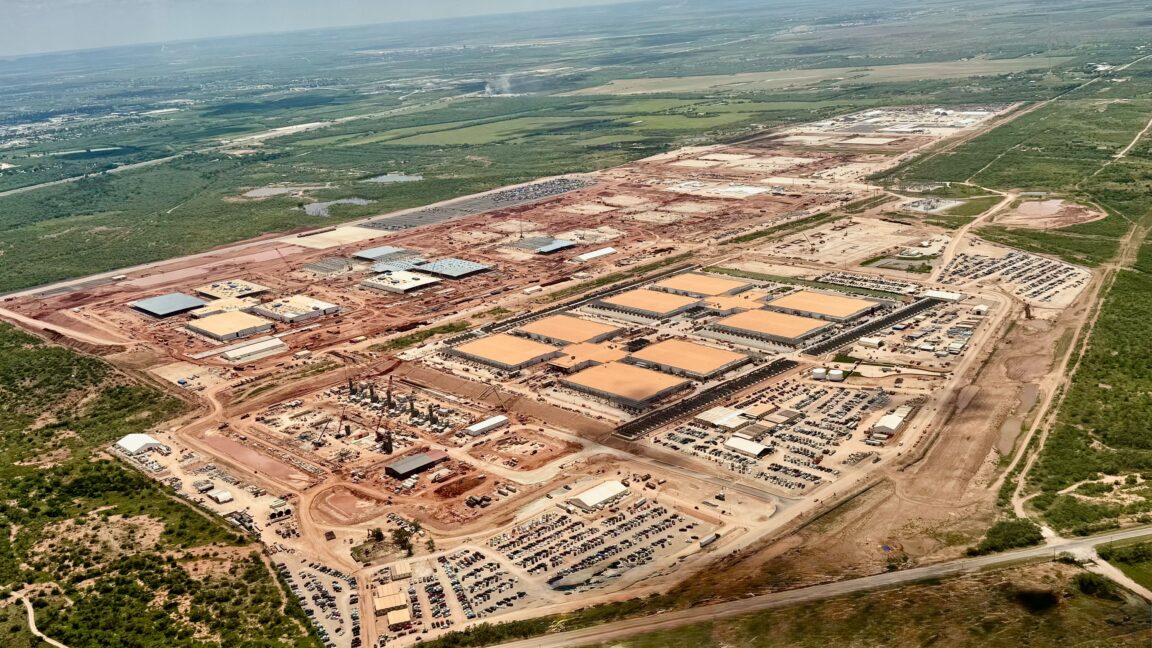Introduction to AI and Its Impact on Jobs
In the halls of power in Washington, OpenAI’s chief, Sam Altman, warned of total job losses from AI and how national security is being rewritten. Altman positions OpenAI as not just a participant, but as the essential architect of our destiny. He spoke at the Federal Reserve’s conference for large banks, clearly stating how he believes AI will impact how people earn a living. He mentioned that certain jobs will not just be changed, but erased completely.
The Future of Work with AI
"Some areas, again, I think will be totally, totally gone," he said, pointing at the customer support industry as an example. "That’s a category where I just say, you know what, when you call customer support, you’re speaking to AI, and that’s fine." He described this shift not as a distant forecast but as a present-day reality. To the Federal Reserve’s Michelle Bowman, he described an almost utopian interaction with an AI agent. "You call one of these things and AI answers. It’s like a super-smart, capable person," says Altman. "There’s no phone tree, there’s no transfers. It can do everything that any customer support agent at that company could do. It does not make mistakes. It’s very quick. You call once and the thing just happens."
Concerns About AI Deployment
But Altman’s belief that AI will cause total job losses in some careers isn’t the only story being told in the tech world. Others argue that the future isn’t about what AI will do to us, but what we choose to do with it. Manoj Chaudhary, CTO of the integration firm Jitterbit, offers a dose of caution. "AI isn’t what threatens jobs, but rather poorly planned deployment. The real danger lies in using powerful tools without purpose or human judgment," Chaudhary warned. He sees a risk in a blind rush for technological solutions. "Companies chasing quick efficiencies risk discarding the human insight that drives real value. As many are now realising, AI isn’t a cure-all; even the smartest systems fall short where empathy and nuance matter. Without careful, human-led oversight, the consequences of AI misuse will be hard to ignore."
AI in Healthcare and National Security
The scale of Altman’s vision for AI extends far beyond call centres. The transformation, he suggests, is already knocking at the door of our healthcare system. He made the claim that his company’s own creation is already a world-class physician. "ChatGPT today, by the way, most of the time, is like a better diagnostician than most doctors in the world," he asserted. Yet, in a moment of candour – after championing AI as the superior doctor – he confessed he wouldn’t fully trust it with his own health. Altman also spoke of sleepless nights, troubled by the thought of a hostile nation using AI as a weapon to cripple the US financial system.
The Role of OpenAI in Shaping the Future of AI
Altman’s visit to Washington is part of a clear strategy as the firm plans to open an OpenAI office in Washington next year. He came to Washington with two messages that seem to pull in opposite directions. The first is that his technology will bring about an age of incredible progress. However, the second is that AI holds the potential for immense destruction—causing total job losses and increasing national security threats. The ultimate goal, it seems, is to convince the world that only he and OpenAI can safely navigate the path between the two.
Conclusion
The impact of AI on jobs and national security is a complex issue with various perspectives. While some believe that AI will bring about significant benefits, others are concerned about the potential risks and consequences. As the world continues to evolve and adapt to new technologies, it is essential to consider the implications of AI and its potential effects on society.
FAQs
- Q: What is OpenAI, and what does it do?
A: OpenAI is a company that develops and applies artificial intelligence to benefit humanity. - Q: How will AI affect jobs in the future?
A: AI may automate some jobs, but it will also create new opportunities and industries that we cannot yet imagine. - Q: What are the potential risks and consequences of AI?
A: The potential risks and consequences of AI include job losses, increased national security threats, and the potential for AI to be used as a weapon. - Q: How can we ensure that AI is developed and used responsibly?
A: We can ensure that AI is developed and used responsibly by prioritizing human values, transparency, and accountability in its development and deployment. - Q: What is the role of OpenAI in shaping the future of AI?
A: OpenAI is playing a significant role in shaping the future of AI by developing and applying AI technologies that can benefit humanity, while also promoting responsible AI development and use.











